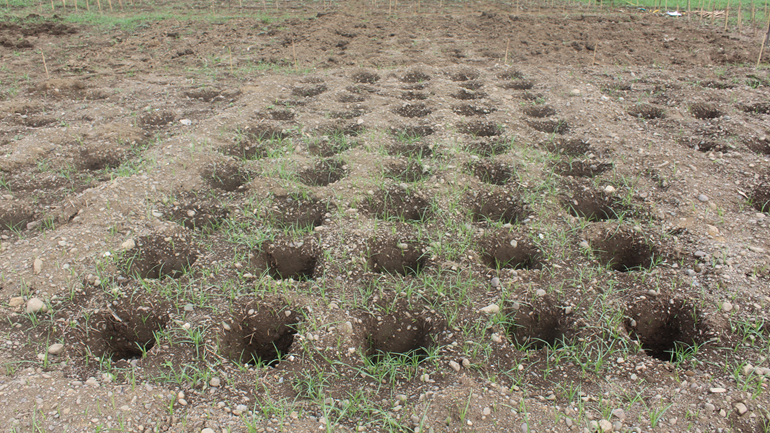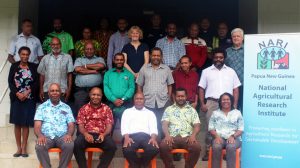In a bid to unlock the full potential of taro cultivation and bolster agricultural productivity, a small-scale study supported by the National Agricultural Research Institute (NARI) is poised to investigate the impact of plant spacing on yield outcomes.
Agronomist Charlie Suruban, spearheading the initiative, outlined the study’s objectives, emphasizing the significance of determining optimal plant spacing for maximizing taro yield. The study will utilize NARI taro varieties 1 and 6, alongside the locally adapted Numkowec variety, chosen for their distinct breeding backgrounds and potential for yield enhancement.
Mr. Suruban elucidated the study’s methodology, which will be executed in two phases. The initial phase, spanning from March to September, will focus on assessing the effects of varying plant spacing on yield size. This crucial phase aims to identify the ideal spacing between taro plants to optimize yield potential.
Building upon the findings of phase one, the subsequent phase will delve into the influence of fertilizer application rates in conjunction with plant spacing on taro yield. By exploring these interconnected variables, the study seeks to provide comprehensive insights into factors influencing taro productivity.
Mr. Suruban highlighted a notable gap in previous taro research, noting that while significant attention has been directed towards pest and disease management, relatively little emphasis has been placed on plant density and spacing considerations for maximizing yield potential. This study aims to address this gap and equip farmers with evidence-based recommendations to enhance their farming practices.
The outcomes of this study hold significant promise for Papua New Guinea’s agricultural sector, particularly for taro farmers seeking to optimize their production systems. By identifying optimal plant spacing and fertilizer application rates, farmers can fine-tune their cultivation practices to achieve higher yields and improve economic returns.
Ultimately, the knowledge generated from this study will not only benefit individual farmers but also contribute to the broader goal of enhancing food security and promoting sustainable agricultural development. As NARI continues to spearhead research initiatives aimed at addressing the evolving challenges facing the agricultural sector, collaborative efforts between researchers, farmers, and policymakers are poised to drive positive change and foster agricultural resilience in Papua New Guinea.




